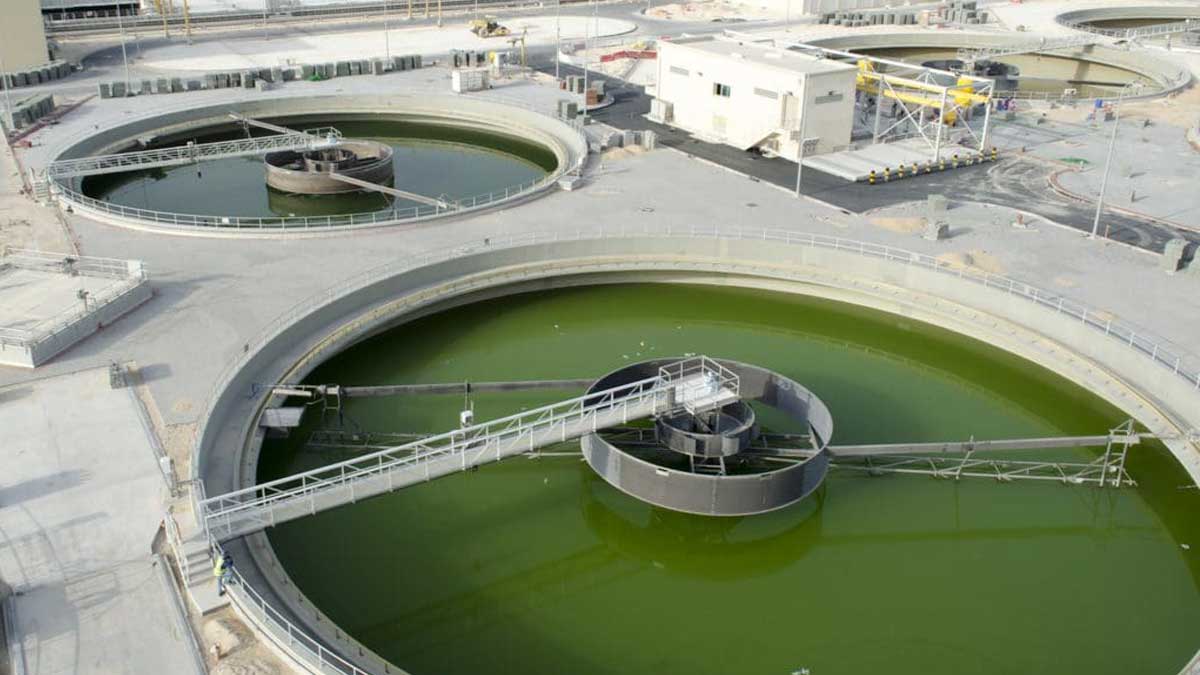The largest wastewater treatment plant in the world would be inaugurated within eight months.
The Egyptian state is seeking the maximum benefits from the agricultural wastewater which is why the government has established the wastewater treatment plant in the Bahr al-Bakar region, in Sharqia governorate.
The cost of the Bahr al-Baqar water station is estimated approximately at 18 billion EGP and the additional infrastructure works to facilitate the work activities in this region would increase the cost to 25 million EGP.
Egypt is building the wastewater treatment plant to face a water shortage that could affect around 0.5 million people in Sinai.

The plant will treat sewage and agricultural wastewater of the longest drain. The 106-kilometer drain of Bahr al-Baqar starts from Dakahlia governorate to Sharqia, Ismailia to the last governorate of Port Said along the Mediterranean Sea; the longest part is located in Sharqia governorate. The drain was established in 1914 for only agricultural wastewater and was named Bahr al Baqar (means in English as the Sea of the Cow due to an accident when a herd of cows drowned in it.)
In the 1970s, the Egyptian government decided to change the drain to receive all kinds of wastewater (industrial and sewage), causing it as “a source of pollution,” according to a 2015 study conducted by environmentalist Mamdouh Salem Seraj on the drain’s negative impacts on human health and Lake Manzala in the period between 1914 and 2014.

